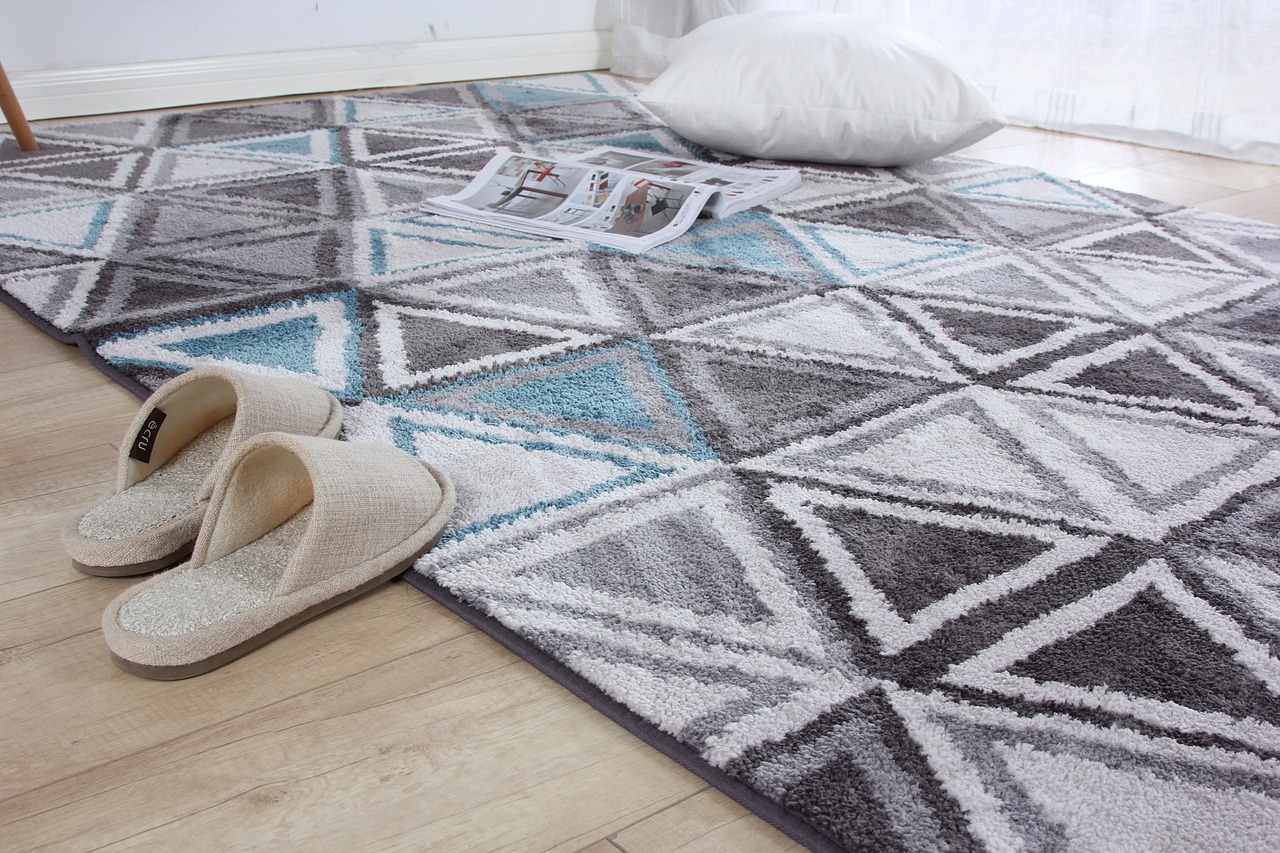When looking for flooring near me, the key is to find local suppliers that offer a variety of options and reliable service. Many stores provide both materials and installation, helping customers complete their projects with ease.
The best way to find quality flooring nearby is to check reviews, compare prices, and visit stores to see samples in person. This approach ensures buyers select the right flooring type for their needs and budget.
Local flooring businesses often have experts who can offer advice on materials, durability, and maintenance. Visiting a nearby store can save time and help avoid shipping delays or extra costs.
Types of Flooring Services Available
Flooring providers offer distinct services tailored to different environments and needs. These include installations for living spaces, commercial properties, and specialized repair or restoration work to extend floor life.
Residential Flooring Installation
This service focuses on installing various floor types in homes, such as hardwood, laminate, vinyl, tile, and carpet. It includes surface preparation like leveling and cleaning to ensure proper adhesion and durability.
Technicians often advise on material choice based on factors like room use, foot traffic, moisture levels, and aesthetic preferences. Installation methods can vary, including nail-down hardwood or glue-down vinyl.
Additionally, residential installation may involve underlayment placement for added comfort and insulation. The process typically ends with trim and baseboard installation to complete the look.
Commercial Flooring Solutions
Commercial flooring services cater to offices, retail spaces, warehouses, and other business environments. They focus on materials that offer durability and easy maintenance, such as commercial-grade carpet, epoxy coatings, and luxury vinyl tile.
These services often address specific industry needs, including slip resistance and compliance with safety regulations. Installation is planned to minimize business disruption, sometimes occurring after hours or in phases.
Flooring specialists may also provide consultation on wear patterns and expected lifespan, recommending solutions like reinforced flooring in high-traffic areas to reduce long-term costs.
Flooring Repair and Restoration
Repair and restoration services target damaged floors, including scratches, stains, cracks, and water damage. Techniques vary by material and damage severity, such as sanding and refinishing hardwood or patching tiles.
Restoration may also involve replacing worn-out sections or resealing surfaces to protect from future damage. Specialists assess whether repair or full replacement is most cost-effective.
This service extends floor usability and preserves appearance without the expense of complete installation. It is common in both residential and commercial settings to maintain property value and safety.
How to Choose the Best Local Flooring Provider
Selecting a local flooring provider involves evaluating their expertise, material options, and pricing details. Each factor plays a critical role in ensuring the project meets quality and budget expectations.
Factors to Consider When Selecting a Contractor
A reliable contractor should have proper licensing and insurance. This protects homeowners from liability and ensures legal compliance.
Experience matters. Contractors with several years in the local market understand area-specific flooring challenges and styles.
Customer reviews and references provide insight into workmanship and professionalism. Seeking providers with mostly positive feedback reduces risk.
Local availability means quicker response times and easier communication. It also suggests familiarity with local building codes and vendors.
Comparing Materials and Brands Nearby
Local flooring providers often carry different brands and material types. Comparing these helps match durability and style needs.
Common materials include hardwood, laminate, vinyl, and tile. Each has unique maintenance requirements and lifespan expectations.
Quality varies between brands. Investigating warranties and product certifications, such as FloorScore or GREENGUARD, indicates reliability.
Providers may offer samples or showroom visits. Reviewing these options aids in choosing colors and textures suitable for the space.
Understanding Pricing and Estimates
Detailed, written estimates protect from unexpected costs. Estimates should itemize labor, materials, and additional fees clearly.
Comparing multiple quotes helps identify competitive pricing. However, the lowest price does not always mean best value.
Providers may charge for removal of old flooring, subfloor repair, or waste disposal. Confirm what is included to avoid surprises.
Payment terms should be transparent. Common arrangements include deposits upfront and balance upon completion.


Leave a Reply